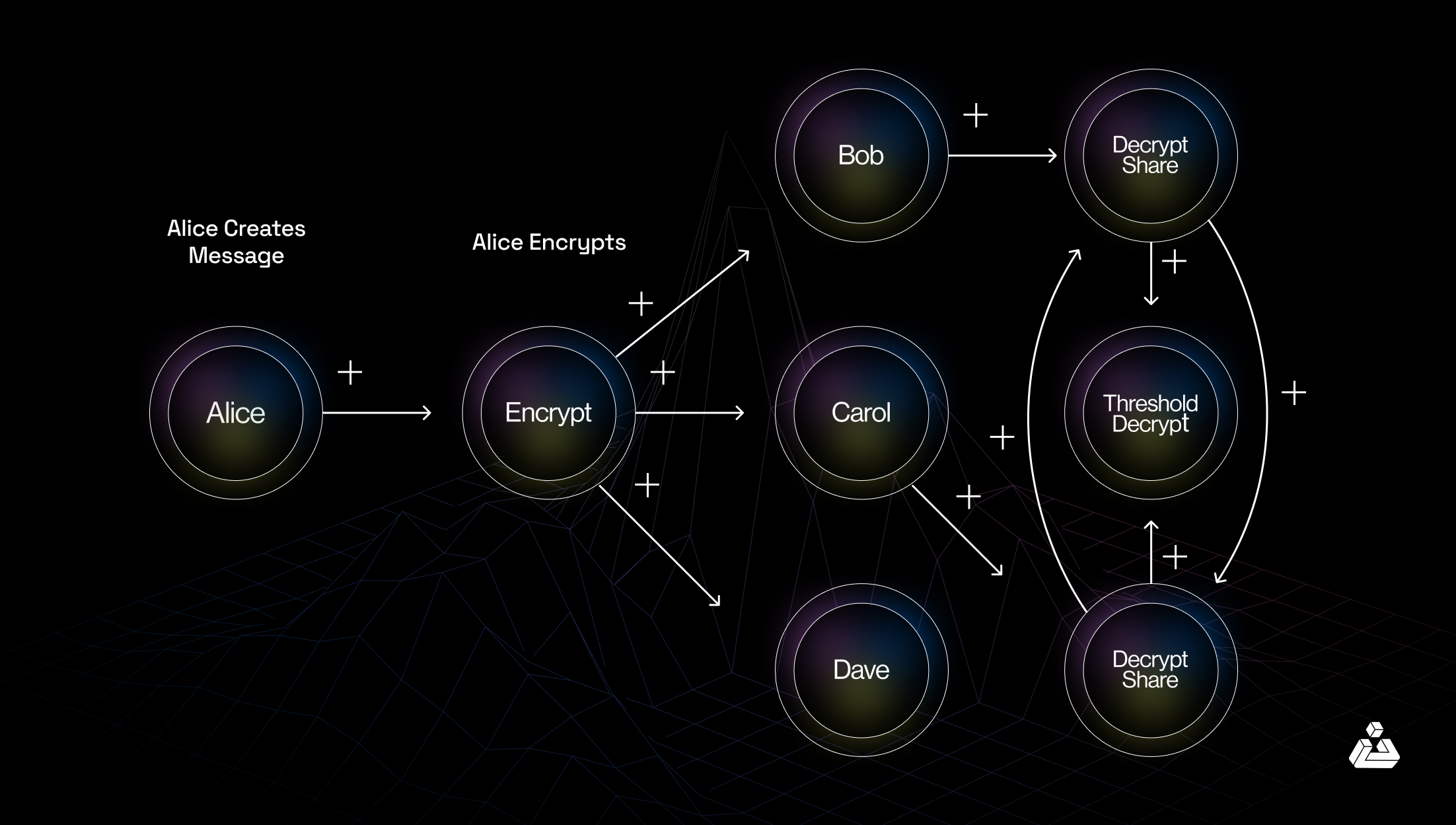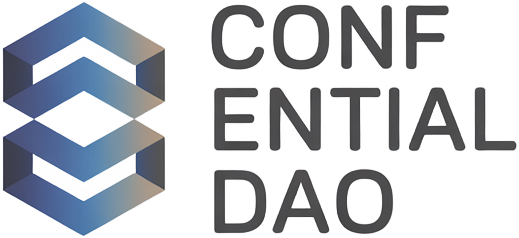
In the rapidly evolving landscape of decentralized governance, privacy is not a luxury – it is a necessity. As DAOs (Decentralized Autonomous Organizations) scale and diversify, the risk of coercion, vote buying, and manipulation grows in tandem with their influence. Traditional DAO voting systems often expose individual votes and token allocations, undermining both the integrity and trustworthiness of collective decision-making. Enter Fully Homomorphic Encryption (FHE): a cryptographic breakthrough that enables computations on encrypted data without ever exposing the underlying information. This capability is now reshaping how DAOs approach confidential voting, treasury management, and on-chain governance.

The Case for Privacy-First DAO Governance
Confidentiality in governance is more than an abstract ideal; it is foundational to honest participation and resilient communities. When votes are public, participants may self-censor or become targets for retaliation. Private voting mechanisms, powered by FHE, ensure that each member’s choice remains secret while still allowing for transparent result verification. This paradigm shift reduces the risk of collusion and external pressure, unlocking more authentic engagement within DAOs.
Recent research from the Privacy Stewards of Ethereum underscores this point: private voting not only prevents corruption but also fosters innovation by enabling controversial or contrarian proposals to surface without fear of reprisal. The broader adoption of FHE in DAO governance could therefore catalyze a new era of expressive freedom and robust consensus formation.
How FHE Works in Practice: From Theory to Implementation
Fully Homomorphic Encryption allows mathematical operations to be performed directly on ciphertexts – meaning encrypted votes or token balances can be aggregated and tallied without revealing individual selections or holdings at any stage. This property is a game-changer for DAOs seeking to balance transparency with privacy.
Zama’s FHE solutions are already demonstrating practical applications: members cast their votes in encrypted form; these are then processed using homomorphic algorithms that produce an aggregate result which can be publicly verified without disclosing any voter’s identity or preference. Similarly, Shutter Network’s partnership with Snapshot introduces “Permanent Shielded Voting, ” leveraging threshold-homomorphic encryption (ElGamal) alongside zero-knowledge proofs to guarantee privacy from ballot casting through final tally.
This architecture means that even if the underlying infrastructure is compromised, individual votes remain confidential – an assurance unattainable with legacy approaches.
Tackling Scalability and Performance Challenges
No discussion of FHE in DAO governance would be complete without addressing its technical hurdles. The computational overhead associated with homomorphic operations has historically been a barrier to mainstream deployment. However, recent advances are closing this gap:
- S2DV Protocol: By combining Groth16 zk-SNARKs with exponential ElGamal encryption, S2DV enables scalable encrypted voting suitable for large DAOs without sacrificing security or verifiability.
- DARPA DPRIVE Initiative: Hardware accelerators from Intel and Microsoft are reducing FHE computation times by several orders of magnitude, paving the way for real-time confidential governance applications.
The convergence of better cryptographic protocols and specialized hardware signals that fully private yet auditable DAO elections are no longer theoretical – they are imminent realities for privacy-first decentralized organizations.
As these advances move from proof-of-concept to production, DAOs are beginning to reimagine not only their voting processes, but also the management of sensitive on-chain assets and member data. Confidential DAO treasuries are now feasible, where financial allocations and strategic reserves can be governed transparently in aggregate while keeping individual contributions and distributions shielded. This level of privacy is essential for DAOs operating in regulatory or competitive environments that demand both compliance and discretion.
The implications extend further: FHE-powered smart contracts allow for confidential business logic execution. Sensitive parameters, such as bidding amounts in decentralized auctions or the details of employment agreements, can remain encrypted throughout computation. Only the outcome is revealed, never the raw data or participant identities. This unlocks use cases previously out of reach for public blockchains, especially for organizations that require rigorous confidentiality without sacrificing decentralization.
Broader Impact: Building Trust Through Verifiable Privacy
The integration of FHE into DAO infrastructure does more than protect individual privacy, it establishes a new standard for trustless, verifiable governance. Every stakeholder can independently audit the correctness of vote tallies or treasury operations without ever accessing confidential inputs. This transparency-without-exposure is a critical differentiator from both legacy enterprise systems and first-generation blockchains.
For privacy advocates and institutional participants alike, these developments signal a maturation of decentralized governance models. The ability to participate securely and anonymously encourages broader engagement from users who might otherwise abstain due to reputational or regulatory risk. As a result, DAOs become more representative and resilient.
For readers seeking an in-depth technical exploration of these architectures, including how FHE interacts with trusted execution environments, refer to our detailed guide at Architectures for Confidential DAOs.
What Comes Next for Confidential DAOs?
The next phase will see increased interoperability between FHE-enabled platforms and mainstream blockchain ecosystems. As performance bottlenecks are alleviated through hardware acceleration and protocol refinement, expect confidential voting and treasury management to become default features, not niche add-ons, for leading DAOs.
In parallel, regulatory clarity around privacy-preserving technologies will shape adoption rates across jurisdictions. Organizations that proactively implement robust cryptographic safeguards position themselves ahead of compliance curves while protecting their communities from evolving threat vectors.
The bottom line: Fully Homomorphic Encryption is not just a technical upgrade; it’s a paradigm shift. By enabling private decision-making with public verifiability, FHE empowers DAOs to scale securely into new domains, from finance to social coordination, without compromising on their founding principles of openness and collective ownership.






